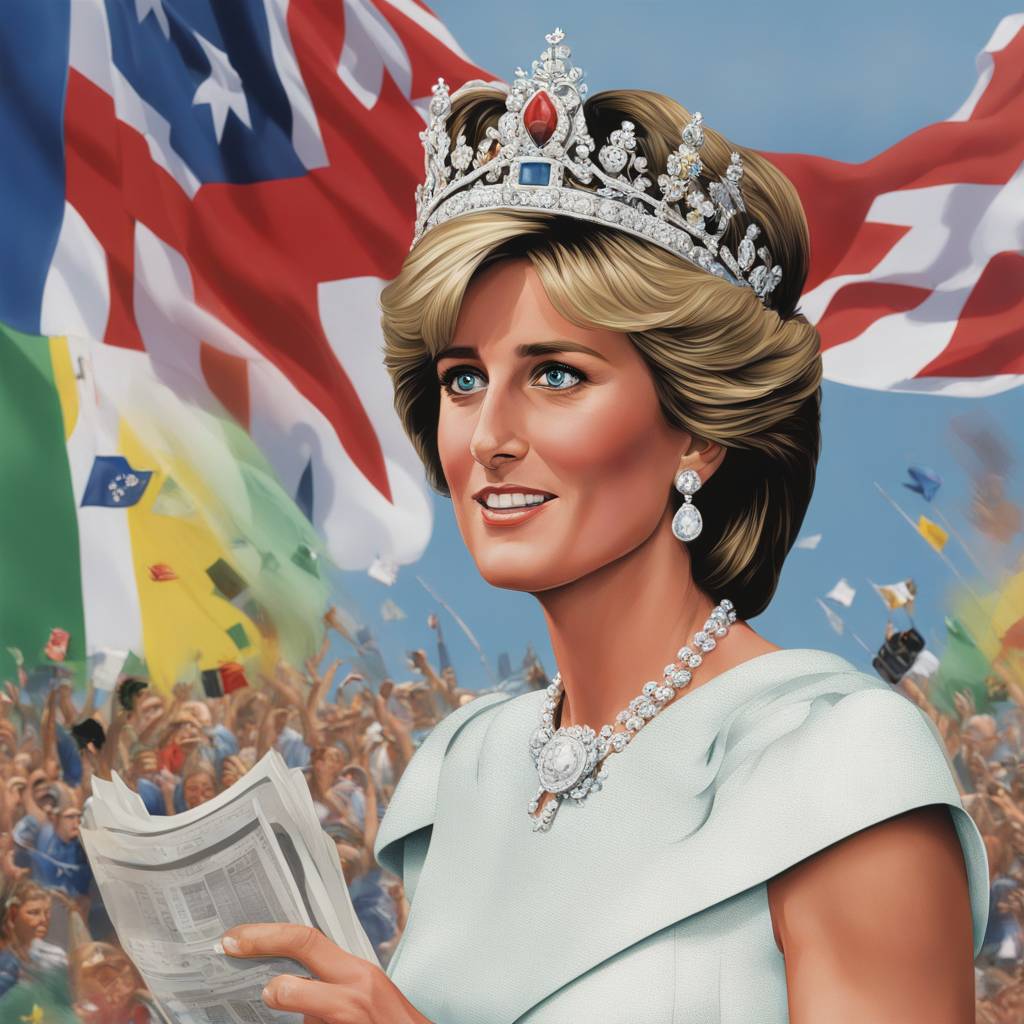The public’s fixation on the bodies of female royalty, as exemplified by Princess Diana and Meghan Markle, can be attributed to the historical importance of succession in the monarchy. The focus on fertility and pregnancy reflects an institution that has traditionally placed great value on producing heirs. However, this obsession with the physical appearance and behavior of royal women is exacerbated by the cult of modern celebrity, creating a toxic mix of misogyny and scrutiny. Despite efforts to present the royals as modern figures, their historical roots in divine right and exclusivity still linger, complicating the public’s perception of them as relatable individuals deserving of privacy.
Princess Diana’s experience with intense media scrutiny over her body and personal life serves as a cautionary tale for Kate Middleton and Meghan Markle. From comments on her eating disorder to criticisms of her fashion choices, Diana’s body became a battleground for public opinion. Similarly, Meghan faced negative press attention due to her Blackness, with the media fixating on her every move during pregnancy and motherhood. The unrealistic expectations placed on royal women reflect a larger societal issue of misogyny and objectification, where women are reduced to symbols and vessels for reproduction rather than individuals with agency and autonomy.
The historical context of the monarchy’s obsession with female bodies can be traced back to the importance of succession and the bearing of heirs. The royals have long been viewed as distinct from ordinary citizens, with a sense of entitlement and privilege that sets them apart. This perception is further complicated by the fact that taxpayers fund the royal family, creating a sense of ownership and entitlement among the public. The transactional relationship between the monarchy and the public adds another layer of complexity to the dynamics of power and privilege within the institution.
The public’s demand for transparency and information from the royal family reflects a sense of entitlement and curiosity that is fueled by a mixture of historical tradition and modern celebrity culture. The expectation that significant events within the royal family should be made public can be attributed to the role of the monarchy in national affairs and the public’s investment in the institution. However, this expectation can also lead to an invasion of privacy and an unhealthy obsession with the personal lives of royal individuals, perpetuating harmful narratives and stereotypes about gender and power dynamics.
Despite efforts to modernize and present a more relatable image, the royal family continues to grapple with the legacy of historical privilege and entitlement. The public’s fascination with the bodies of royal women reflects broader societal issues of objectification and misogyny, perpetuating harmful stereotypes and expectations. As Kate Middleton and Meghan Markle navigate their roles within the monarchy, they are confronted with the same pressures and scrutiny that have plagued female royals for generations, highlighting the ongoing challenges of balancing tradition and modernity within the institution.















